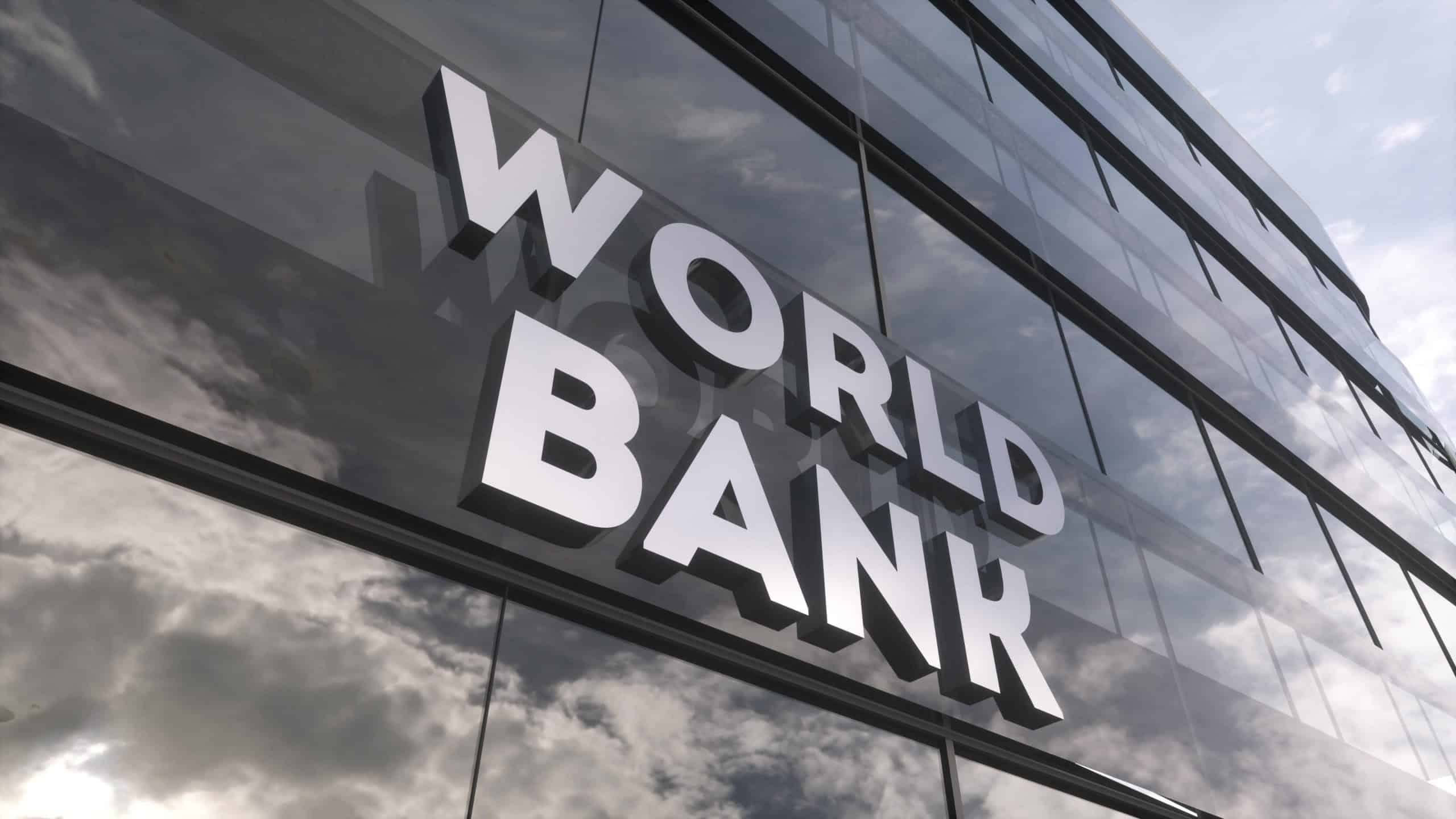A new report from the advocacy group Oxfam revealed significant discrepancies in how the World Bank reports the finances of its climate-linked programs and uncovered a colossal $24 to $41 billion hole in its books.
If these findings are true, the estimated amount of these missing funds would account for nearly 40% of the Bank’s entire budget for climate initiatives in the past seven years.
The investigation was released ahead of the annual meetings of the institution and the International Monetary Fund (IMF) in Washington D.C. and they raise questions about the former’s record-keeping practices and commitment to transparency.
According to Kate Donald, Head of Oxfam International’s Washington D.C. Office, “The Bank is quick to brag about its climate finance billions—but these numbers are based on what it plans to spend, not on what it actually spends once a project gets rolling.”
She highlighted that this approach can be compared to “asking your doctor to assess your diet only by looking at your grocery list, without ever checking what actually ends up in your fridge.”
Meanwhile, a World Bank insider speaking on condition of anonymity suggested the actual figure for this missing money “could be twice or 10 times more,” adding that “all the figures are routinely made up” as “nobody has a clue about who spends what.”
Advanced Research Was Required to Make Sense of World Bank’s Climate Finances

Oxfam’s audit of the World Bank’s climate finance portfolio from 2017 to 2023 revealed systematic issues associated with how the institution tracks and reports its expenditures.
The investigation found that for each World Bank project, the average deviation between budgeted amounts and actual expenditures ranges from 26% to 43%. This means that any World Bank project that is part of the climate finance program typically spends an amount that is drastically different from what was initially planned.
Also read: AI in Banking in 2024 – The Advancing Landscape for Banks, Staff & Customers
The charity organization noted that obtaining even the most basic information about the World Bank’s climate finance usage was “painstaking and difficult.”
The task required researchers to go through complex and incomplete reports filled with gaps and inconsistencies. Donald emphasized that “it shouldn’t take a team of professional researchers to figure out how billions of dollars meant for climate action are being spent.”
“Climate finance is scarce, and yes, we know it’s hard to deliver. But not tracking how or where the money actually gets spent? That’s not just some bureaucratic oversight —it’s a fundamental breach of trust that risks derailing the progress we need to make at COP this year”, Oxfam’s Donald stressed.
“The Bank needs to act like our future depends on tackling the climate crisis, because it does.”
World Bank Officials Earn More than the US President
Established in 1944, the World Bank was set up to provide support to the post-World War II reconstruction of Europe and Japan. However, over the years, it evolved into a major international financial institution.
Today, it operates with a total capital of nearly $320 billion and the United States is its largest shareholder, holding a 16% stake and unique veto power over any operational changes.
Also read: How to Invest in Green Energy in 2024 – Beginner’s Guide
This position means that US taxpayers have contributed or are responsible for up to $57 billion of the bank’s capital, according to a May 2024 Congressional Research Service report.
The bank’s funding structure is complex. It combines direct donations from wealthy nations with multi-billion-dollar pledges that enable it to secure large loans for international projects.
It maintains nearly $300 billion in “callable capital” as an economic emergency fund. However, bank officials claim that the likelihood of accessing these emergency funds is “extremely remote.”
The institution generates additional revenue through investments and interest on approved loans. Notably, World Bank employees receive tax-free salaries, with senior directors earning up to $511,000 annually. This surpasses the US President’s $400,000 pre-tax salary.
World Bank is Aiming to Increase its Climate Funds
The timing of these revelations is significant as countries prepare to negotiate a new global climate finance goal, the New Collective Quantified Goal (NCQG), during this year’s Conference of the Parties (COP) in Azerbaijan.
The World Bank’s role as the largest multilateral provider of climate finance, accounting for 52% of the total flow from all multilateral development banks combined, makes these findings especially concerning.
The bank’s climate finance commitments have grown substantially over the years. In 2016, it aimed to make climate finance 28% of its total portfolio by 2020. By 2023, this figure had reached 41% and a new target of 45% has been set for 2025.
Oxfam argues that these ambitious targets are insufficient if there is no improvement in the bank’s transparency and reporting practices.
Oxfam Outlines Four Recommendations to Improve the Transparency of Climate Finance
The World Bank has disputed Oxfam’s findings while acknowledging the value of their commitment and engagement on matters associated with climate change and transparency.
The institution does not publish any details records on how the money is spent. A list of countries that have been benefitted from these funds and the programs that have received them or projects that have been completed would help tremendously.
Also read: Best Green Investment Funds to Watch in 2024
Oxfam has proposed several specific recommendations to address the issues they identified upon completing the audit:
- The World Bank should disclose detailed climate finance assessments at the project’s outset, including components, subcomponents, and activities.
- Post-project closure assessments should be performed and reported.
- Reporting practices must be standardized for both ex-ante and ex-post climate finance projects.
- A searchable, downloadable, and machine-readable database must be made available.
The findings have sparked criticism from various quarters. Naturally, climate activists are worried that a large portion of the already small amount of resources being delegated to fight climate change (relative to the scale of the problem) is being misused. Even those who still somehow believe that climate change is a “hoax” were critical of the World Bank’s poor accounting practices.
Nile Gardiner, director of the Margaret Thatcher Center for Freedom at the Heritage Foundation, called it “an outrageous waste of US taxpayers money on a useless woke political cause” and “an insult to the American people.”
“The World Bank and all international institutions need to be fully held to account. Vast amounts of wasteful spending on left-wing, progressive causes is fundamentally against the US national interest,” he added.
Despite the findings, the Biden-Harris administration recently voted to boost the bank’s resources for lending purposes by $150 billion over the next ten years. This is interpreted by advocacy groups as a clear sign that politicians don’t really care much about accountability or transparency.
